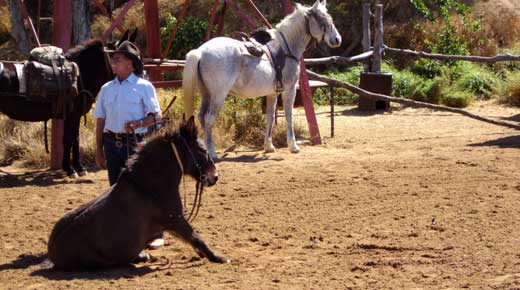As our new year unfolds, I wanted to write an article to remind myself of three pieces of advice. They are from Epictetus (55–135 AD), Marcus Aurelius (121–180 AD), and George Pólya (1887–1985). Epictetus and Aurelius are two famous Stoic philosophers of the past, and Pólya is a famous Hungarian mathematician.
|
ADVERTISEMENT |
Epictetus
Epictetus spent his youth as a slave, which set the backdrop for his stoicism. His original name is unknown. The name “Epictetus” in Greek means “acquired.” Epictetus himself did not write any books; however, his follower, Arrian, wrote down his teachings. One of the most famous quotes attributed to Epictetus is: “It’s not what happens to you, but how you react to it, that matters.”
…

Add new comment